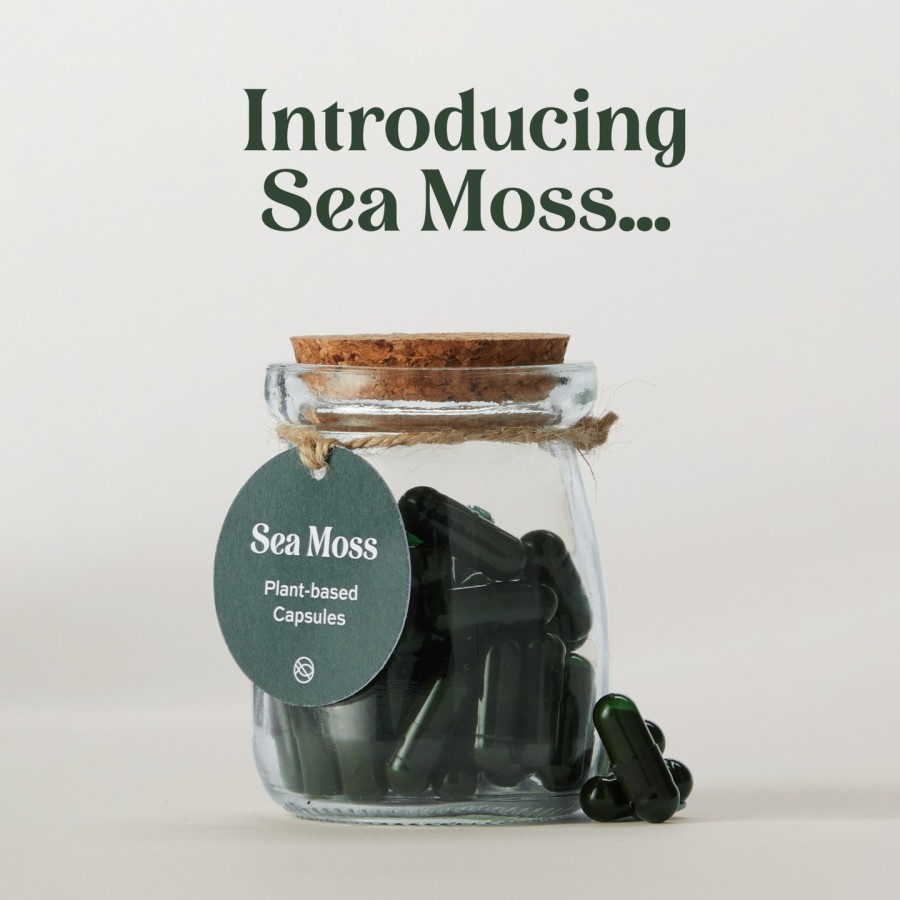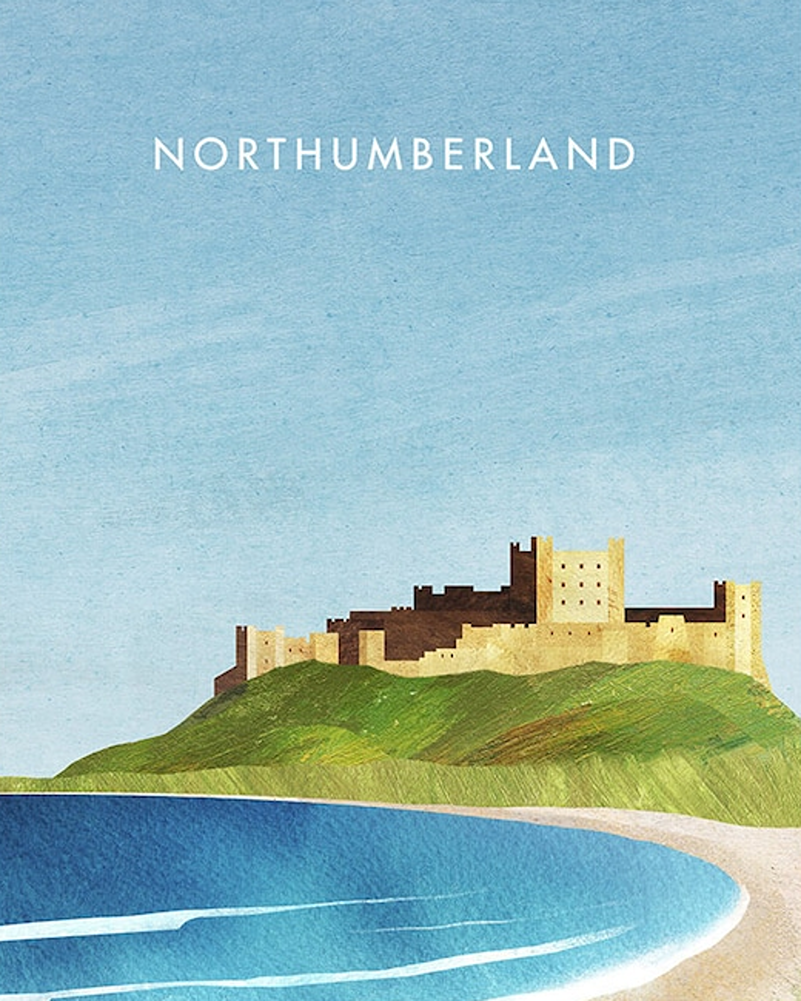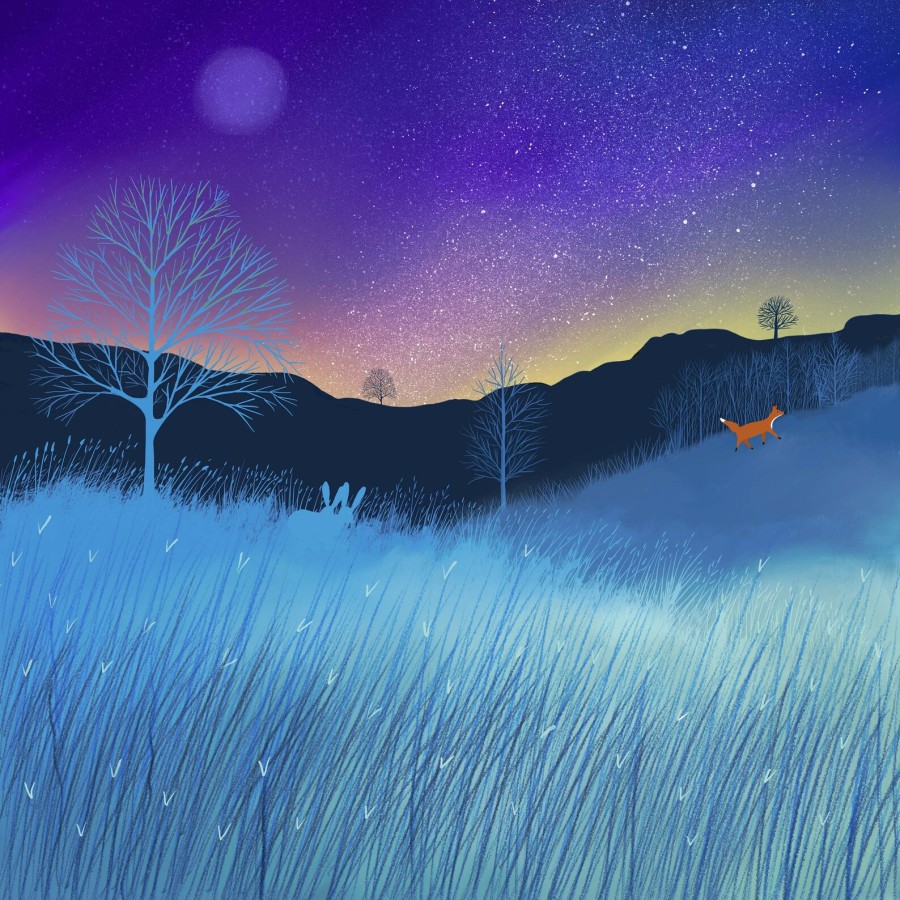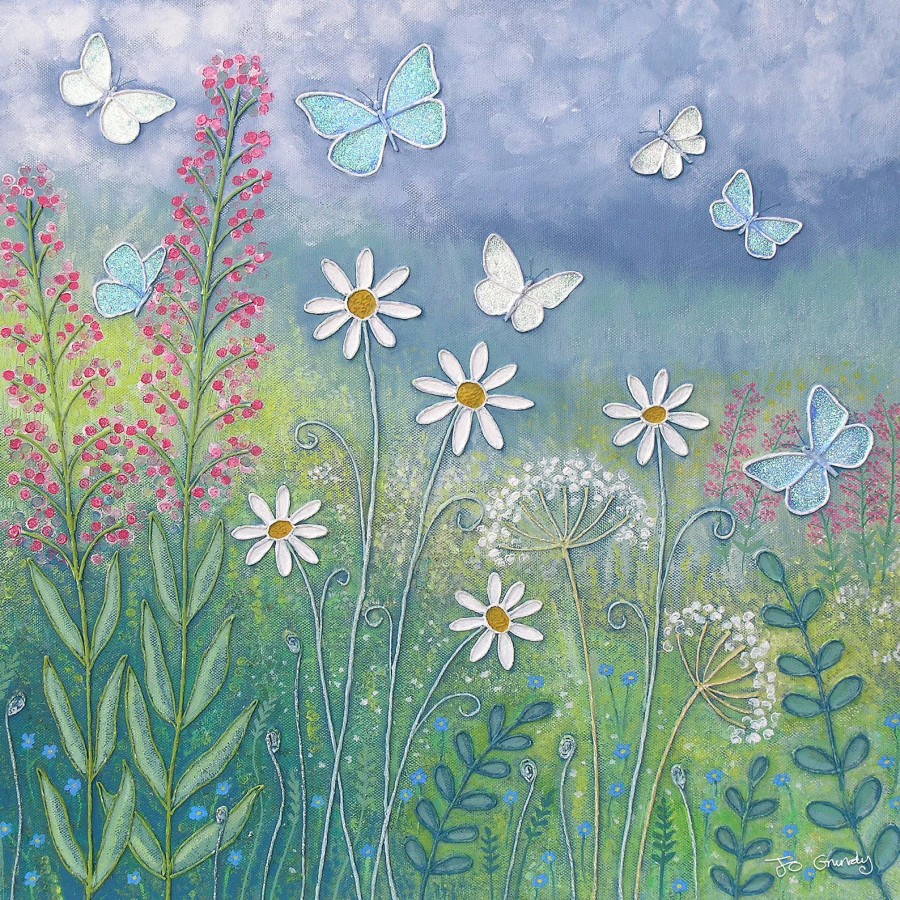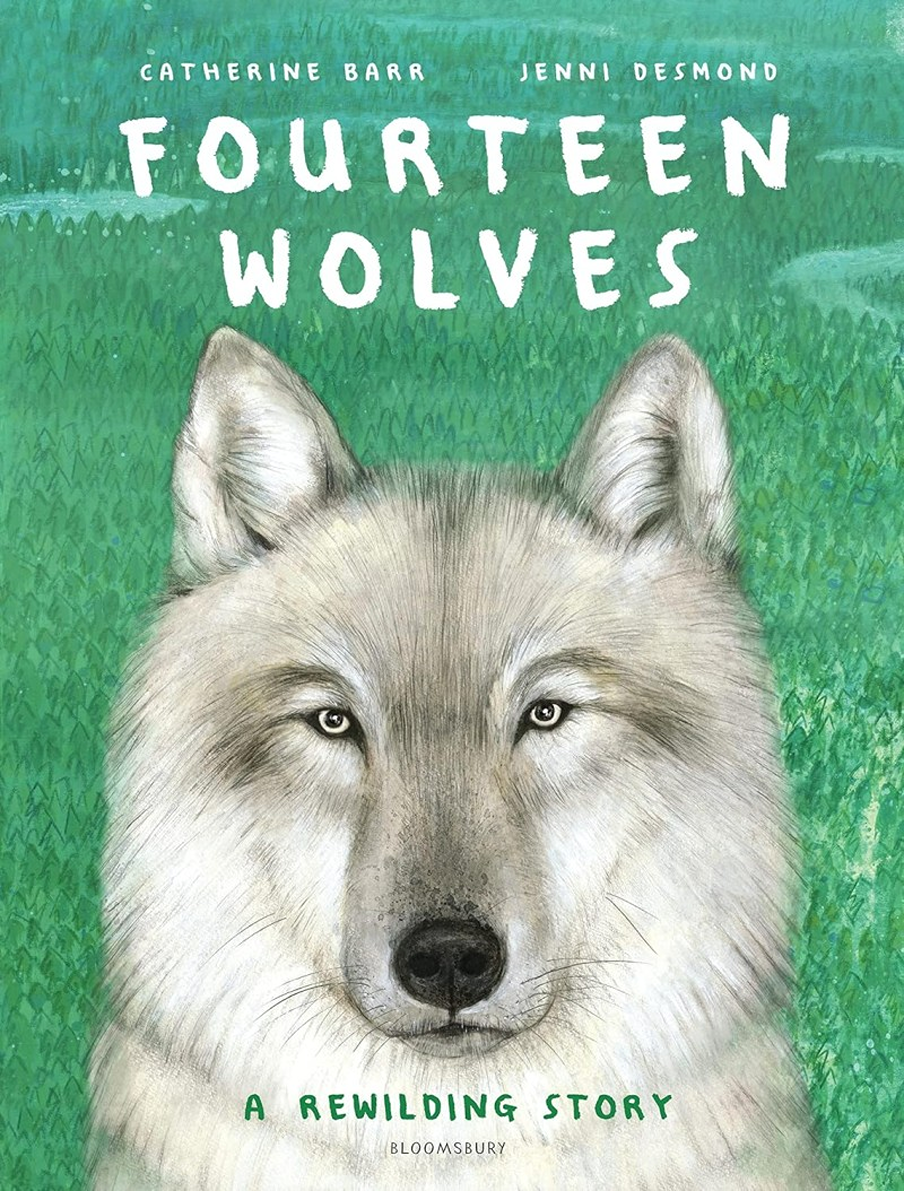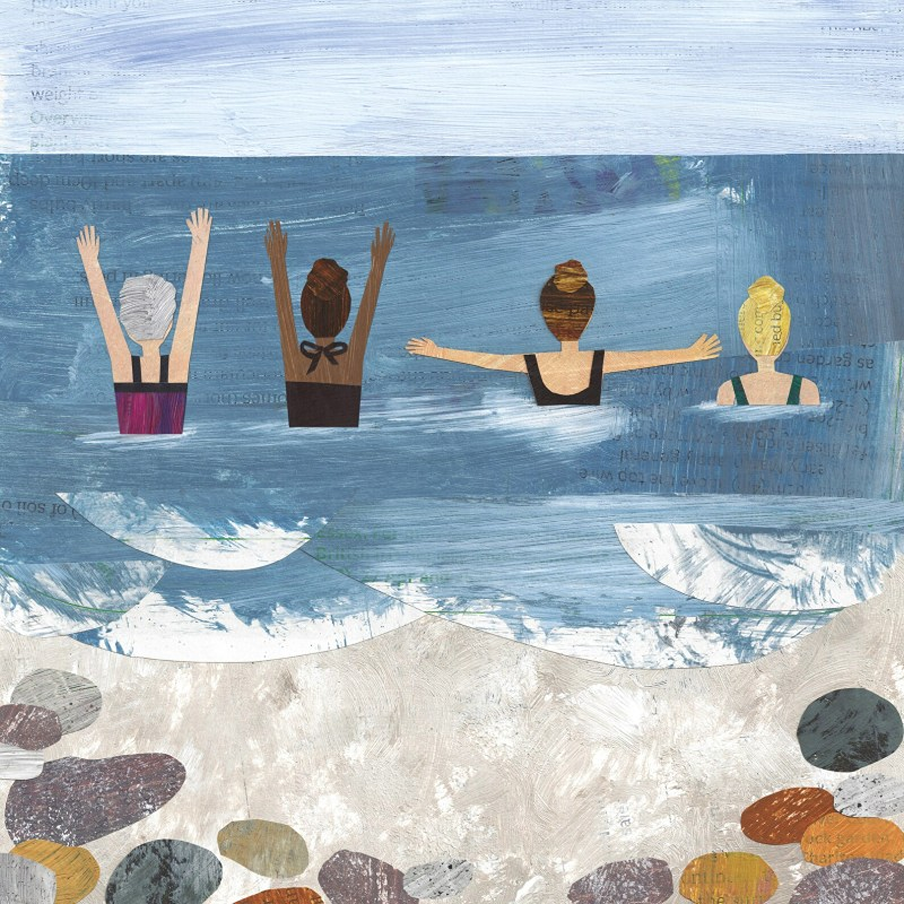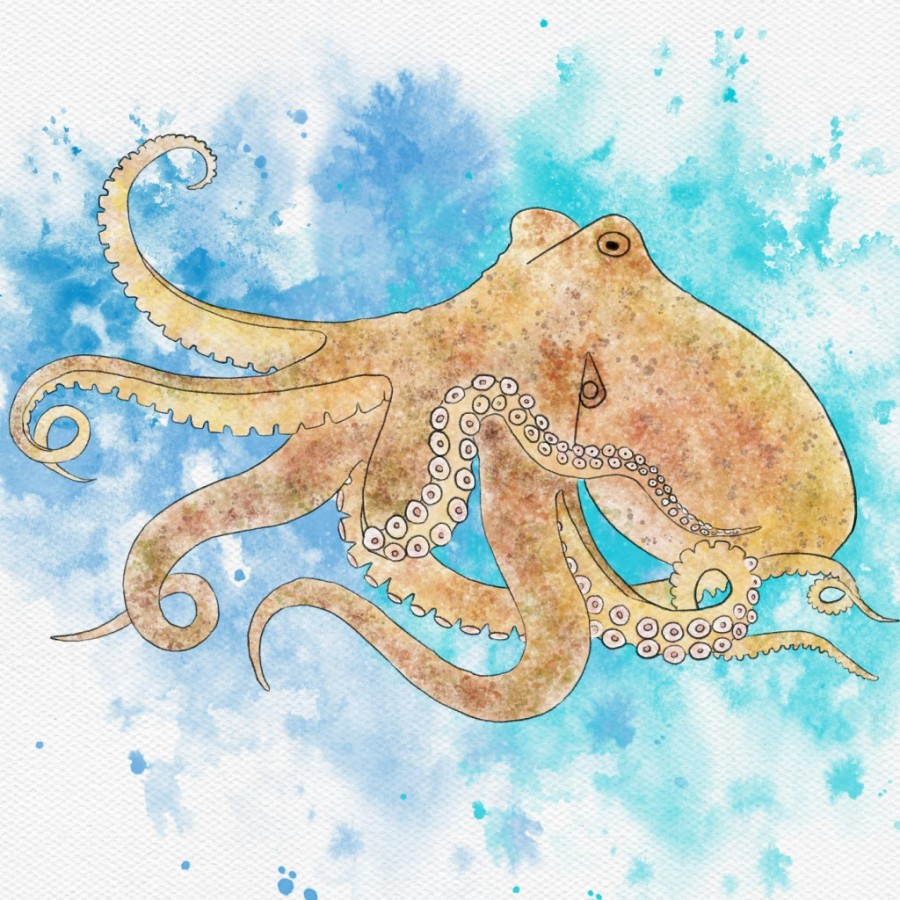
The Octopus (the plural is octopuses or octopi) is one of the world’s most fascinating creatures. Similar to when one marine biologist wrote ‘When God created the seahorse, he may have had one too many’, this is a similar story. Found in southern and western waters, these ‘intelligent aliens’ are like no other creature on earth. They have eight arms, three hearts and can see with their skin. Using black ink to inject prey (mostly crabs), they have such good memories that one stranded octopus even returned the next day to thank holiday makers for putting him back in the water and saving his life! They are related to squid (common around all our waters) and cuttlefish (the dried-up shells are often used to amuse budgies).
It’s very sad that intelligent octopuses end up in aquariums (from which they often escape). But researchers have learned to their cost not to upset them. One did not like a female volunteer and would shoot salt water at her when she visited. She left and months later returned. The octopus took one look at her, and squirted water at at her again! One (very unkind) experiment involved cutting off one of the octopus’s arms. The arm crawled off on its own and then seized a food item which it tried to pass to where the mouth would be, if the arm had still been connected to the body.
Yet despite all these amazing feats (they can even change colour and texture in the blink of an eye to hide from predators), these devoted mothers nearly always die after hatching their eggs. Very solitary, there is not much known about them, other than that they are at risk from by-catch, oil pollution and people (in some areas of the world, some restaurants even serve them to be eaten alive).
how to help our octopus friends
Crustacean Compassion is asking for the law to be changed, to stop the sale of live crustaceans (and to ban untrained people from killing them in home kitchens). Although not crustaceans, the charity includes cephalopods (octopus, squid/calamari and cuttlefish) in their wish for all creatures to be classed as ‘sentient beings’ (a recognition that all creatures can feel pain).
Like all marine creatures, plastic waste and oil are big issues. Get involved with volunteer beach clean-ups and learn how to create an oil-free economy
The intelligence and inquisitiveness of octopuses (plus having eight arms) means they are often caught as by-catch in cod and other fishing nets. Read how to stop overfishing (and ghost fishing waste).
Compassion in World Farming has a free report to download (in several languages) on reasons why factory farming of octopuses should never be allowed to happen. These include being solitary by nature, being highly carniverous (they would eat each other), little being known of welfare needs and no present welfare legislation. Their fragile skeltons could also be easily damaged in tanks. In the US, Washington State has become the first place worldwide to place a ban on octopus farming.
make (or buy) vegan calamari
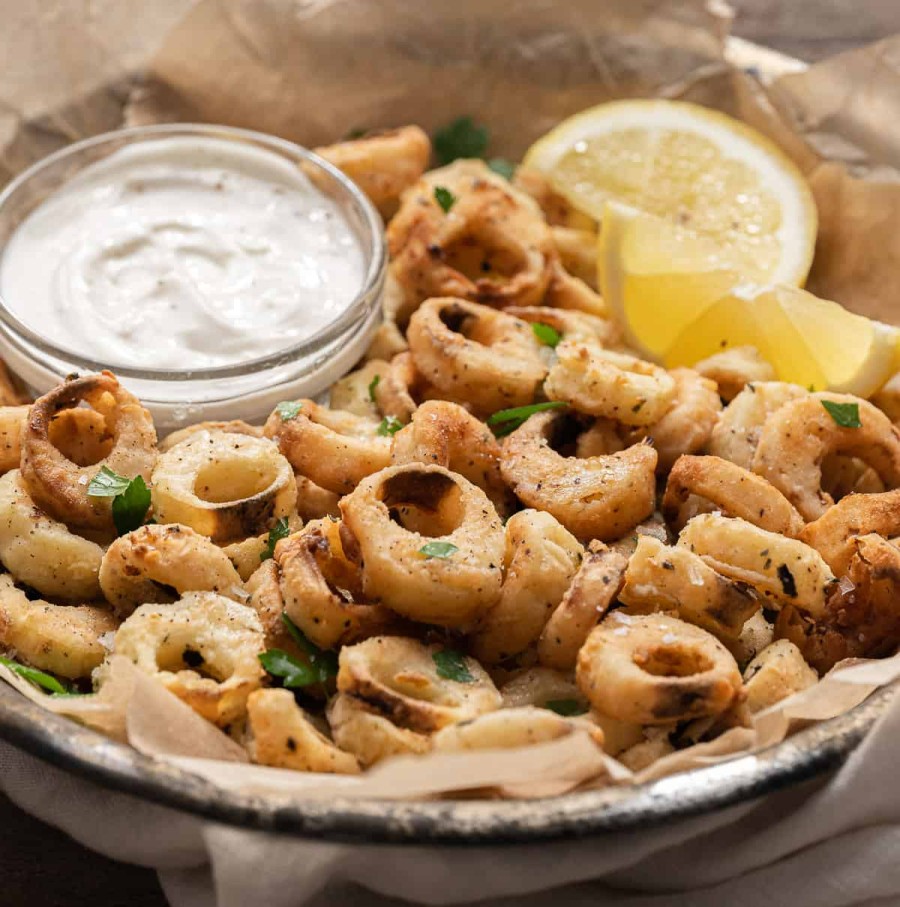
Vegan Calamari with garlic aioli (A Pinch of Parsley) uses hearts of palm. If used, choose the multi-stemmed variety for sustainability or instead just sub with canned artichokes (local and more sustainable).
Avoid seaweed for thyroid/iodine issues. Read food safety for people & pets (many human foods like garlic are unsafe near animals).
Vegan Calamari with jalapeno ketchup (The Happy Pear) is a very simple recipe using an air-fryer, made with aubergines, white miso, oat milk, seaweed and salt, in a garlic turmeric coating.
Revo Foods (Austria) has become the first company on earth to make a top quality ‘vegan octopus’ using fungi protein. This young sustainable company offers ready-to-eat foods that can also be cooked.
Look in stores for Nature’s Charm Calamari, a tinned food made with mushrooms, capters, seaweed and salt. Or Happiee! Breaded Vegan Calamari or Squidiee Rings!

